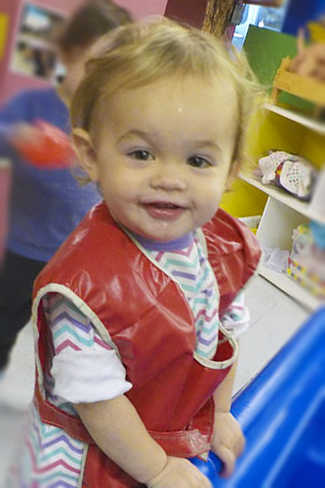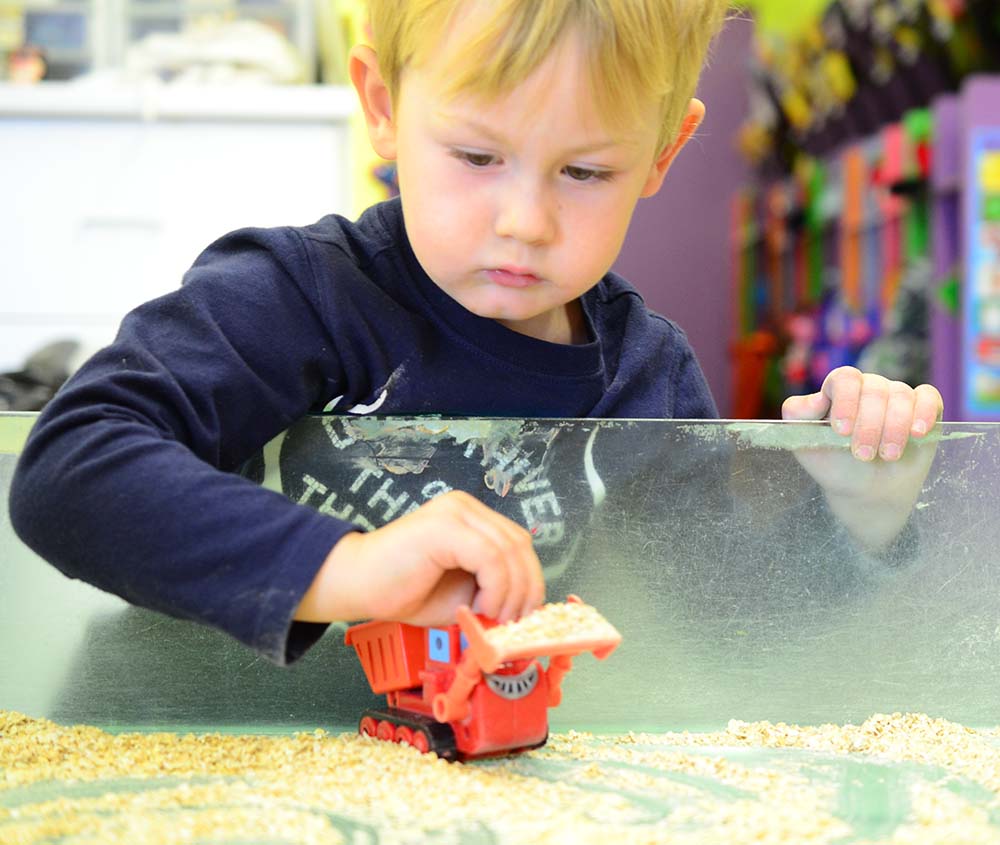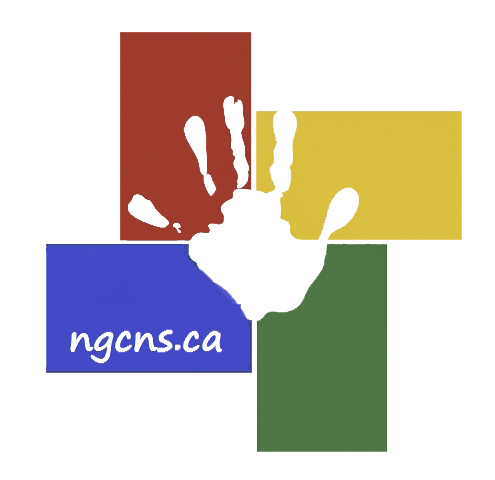Programs
The monthly registration costs are:
$140 for two session/week Adjusted CWELCC fee $96
$195 for three sessions/week Adjusted CWELCC fee $144
$275 for five sessions/week Adjusted CWELCC fee $240
* The option of 5 sessions is based on ratios and director discretion.
Why Choose Us
Our nursery school has socially and cognitively oriented programs for 18 month to four years old. We aim to provide a well-planned, stimulating, healthy environment in which a young child can develop socially, cognitively, emotionally and physically. Creativity is encouraged through the provision of diverse materials, equipment and experiences that are not easily available in the home. In our 50 year history NGCNS has provided quality programs for hundreds of children with the support of parents in the community, the Ministry of Education, and the City of Ottawa.
Program Options

Junior Program
This program is offered to toddlers who will be 18 months old at time of enrollment, and is run twice a week on (both) Tuesday and Thursday mornings from 8:30am to 11:30am and/or Tuesday and Thursday afternoons from 12:30pm to 3:30 pm. The enrollment in this program is limited to 15 children. The teacher to student ratio is 1 to 5.
Daily Schedule (subject to change)
-
- Outdoor Play
- Small group Learning Circle: weather, calendar, felts, etc.
- Snack
- Indoor Free Play
- Large Group Storytime

Senior Program
This program is offered to preschoolers who will be 30 months old at time of enrollment, and is run three mornings a week on Monday, Wednesday, and Friday from 9:00am to 11:30am. The enrollment in this program is limited to 22 children. The teacher to student ratio is 1 to 8.
Daily Schedule (subject to change)
-
- Outdoor Play
- Small group Cooperative Circle: felts, songs, fingerplays, etc.
- Snack
- Indoor Free Play
- Large Group Storytime
Program Facilities
Creative Activities
These are media that permit rich sensory experiences for the children and an opportunity for real exploration. These materials call on the children to use their imaginations to draw pictures about the things that are important or appealing to them. There are also many opportunities to create real or pretend situations.
Table Top Toys
They encourage a feeling of accomplishment. They increase the child’s experience with color, shape, weight and size. They also offer the satisfaction of taking apart and putting together, which improves eye/hand and small muscle co-ordination and problem solving.
Tree House/Listening Centre
This area will be closed off to the very young group as a safety precaution but may be opened in the second half of the Junior program. The listening center set up in the tree house will occasionally be incorporated into the program.
Housekeeping Centre
This centre is set up to look as much like a child-sized home as possible. There needs to be enough detail to be realistic, but careful selection is necessary so that an excess of materials and utensils will not stifle the child’s imagination. They also learn to socialize, share and cooperate through role-playing. This area encourages the young child to imitate and experiment with various roles, thus developing language skills, as well as large and small muscle development.
Outdoor Play
Play on the climbing frames and ladders teach children large muscle co-ordination. All of our outdoor play is useful in teaching children to co-operate, play together and to help. The children all help to put the equipment away and to set things up. In this way, they not only get exercise, but also experience a feeling of responsibility. The children learn to take turns, share, and communicate through play.
Construction Activities
In this area children learn colors, shapes and sizes. They also experience different smells and textures. Children enjoy using their imaginations and they love creating things.
Science Table
This table displays both familiar and unfamiliar objects found in the natural world. These articles change as the seasons change. The children enjoy finding objects to add to the collection and learning about what they find, through discussion. A magnifying glass shows details more clearly.
Floor Block Area
This is an area where children work co-operatively and with great imagination in constructing buildings, trains, etc. We are interested in both the actual process of building and in the dramatic play centering on their products and social play. Here again, the children learn about shapes and heights and develop pre-math skills. Concentration is needed for construction of a simple building. Most important here is the learning of sharing.
Circle Time
This is the formal part of our program. At circle time, the children learn to work together as a group. This is an opportunity to learn the more obvious things such as sitting quietly, listening to the teacher, taking turns in speaking and listening to others. The children have the opportunity to discover that other children have similar feelings, there can be different ways of expressing feelings and that one can learn from other children; also (the most thrilling experience) that one child can teach another child. Sometimes we will have stories games, songs, dancing, finger plays, etc., including playing rhythm games with musical instruments.
Child Development: Areas of Development

Cognitive
At the nursery school, children learn about themselves, their strengths, and their limits. A degree of independence is fostered, and enough freedom is allowed that the children are able to express themselves in a way best suited to each. There are times to be messy, to relax, to cook, paint, build, read, sing, talk, complete a puzzle or do a craft. The doing is the important part, not the end result.

Social
A safe, stimulating environment will encourage your child’s natural love of learning. We provide support in learning to communicate and problem-solve with other children and adults in a respectful manner. Children learn to self-regulate in terms of sharing, interacting with others, and managing emotions. They also learn about nutrition from enjoying food with others, and therefore develop interests in these areas.

Emotional
Children learn to cope more effectively with their own feelings – to relax or control their emotions – knowing that an understanding adult will help when needed. They also realize that being in a group of children their own age, others will share their fears, curiosities and pleasures. They learn to trust and confide in adults other than their own parent/guardians. They observe the interdependence of people and experience the need for co-operation.

Physical
The school offers a variety of equipment to develop both large and fine motor skills within safe well-supervised areas. Through climbing, jumping, running, building, etc., the children improve their skills and develop new ones. Activities take place both indoor and outdoors.
